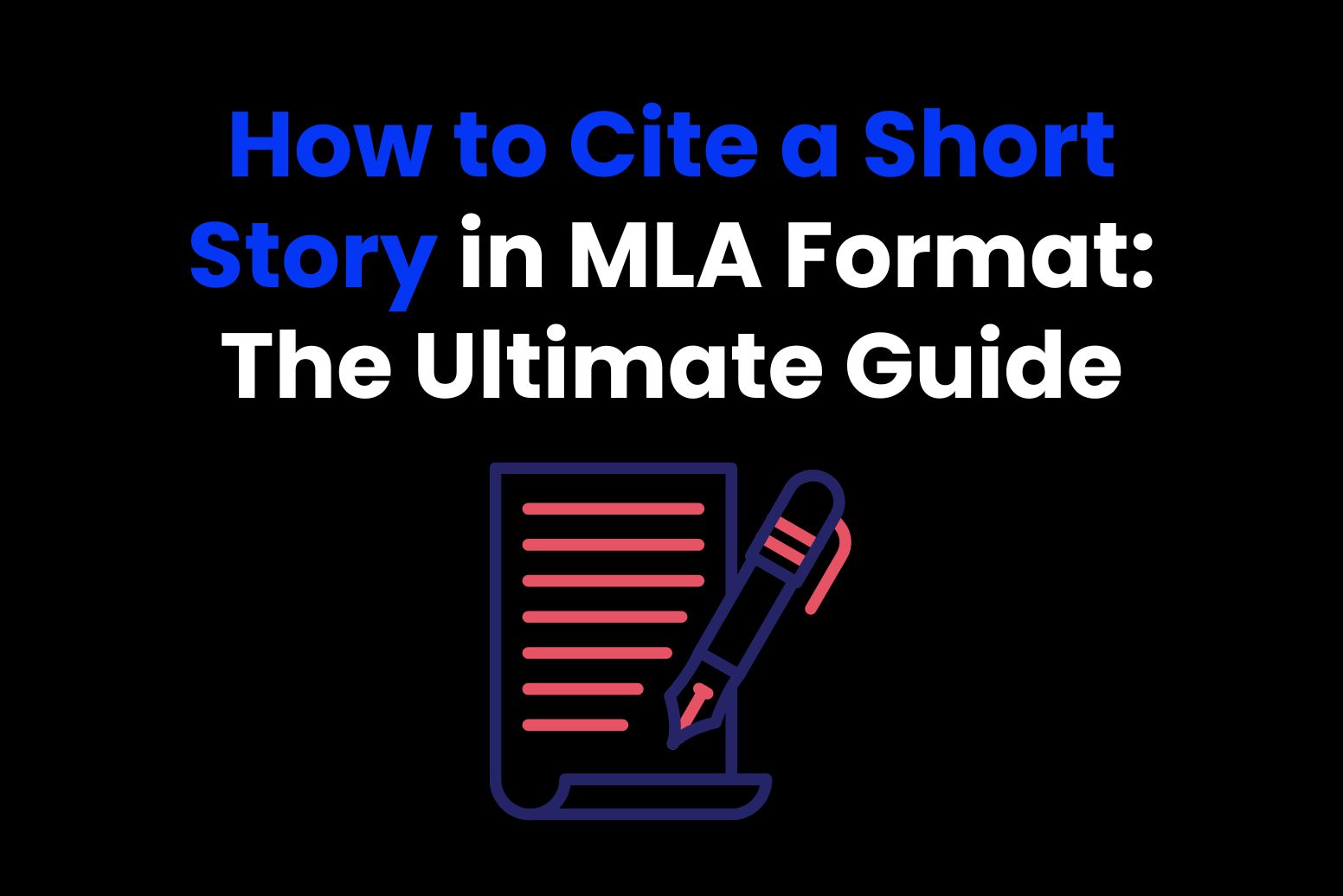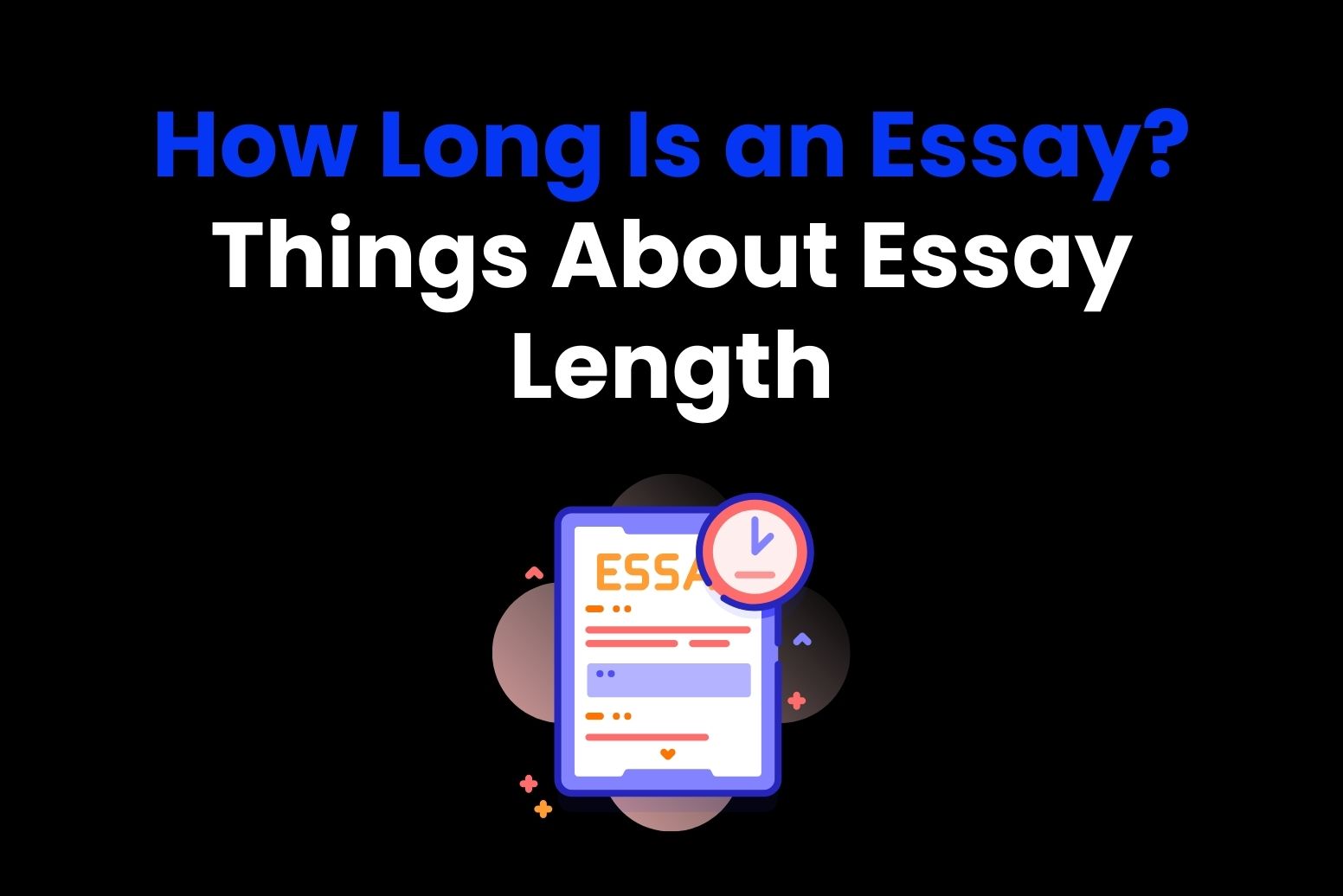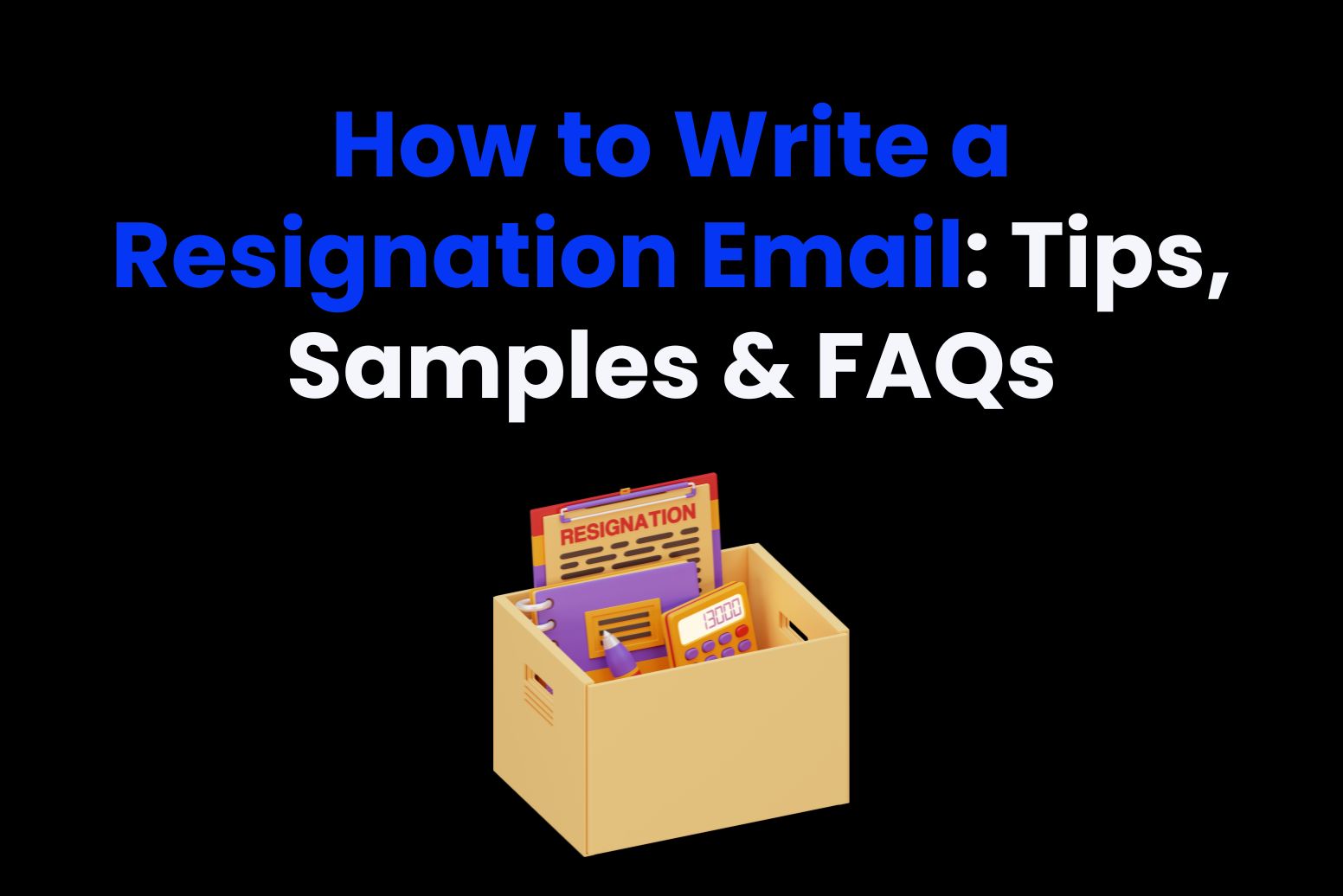Proper citation is key, no matter what type of document you’re creating. But when it comes to how to cite a short story in MLA format, it’s essential to give the original author proper credit for their creations.
If you’re writing a work of fiction and relying on other author’s sources, it might be that you’re taking something directly from their imagination, and you should acknowledge it, just like you’d want others to do for you.
Let’s take a look at the essential steps on how to cite a short story in MLA professionally and accurately.
How to cite a short story in MLA
When you’re citing a short story in MLA format, it’s important to include specific details about the reference you’re using. These include the original author’s name, the title of the short story, and the title of the book or anthology it came from (if this isn’t a standalone piece).
You should also include the editor, publisher and year of publication if you have those details. As we all know, stories can change and develop over time, and it’s helpful for the reader to understand which version of the story you’ve used as a reference for your writing.
The typical structure to use when citing a short story is:
Author’s Last Name, First Name. “Title of Short Story.” Title of Anthology, edited by Editor’s Name, Publisher, Year, Page Range.
It’s sometimes not possible to find out all of the details, especially if you’re referencing a very old short story, such as a fable or fairytale. But you should try to include as much as possible to enable your reader to source the information more easily.
Short story MLA citation rules
As with any form of citation, there are some specific rules that apply to short stories that may not be relevant with your other references.
Here are some quick tips of citing short stories easily:
Author’s name
The author’s name is the first thing you need to mention in your citation. You’re acknowledging their hard work after all. But always remember that their surname comes before their first name, separated by a comma. This is because it makes the story much easier to find. Far fewer people named Jones have likely written a short story compared to those named John.
Use quotation marks
The title of the story MUST go in quotation marks. This shows that this is the reference that you’re discussing. The title of the anthology or larger book that the story is in just gets italicized, as you aren’t discussing the whole of that book.
Italicized title
The title of the anthology or book that your short story is in will need to be in italics. This helps to differentiate between the story itself and the book that it can be found in. It’s also important to remember that lots of short stories appear in multiple anthologies, so it’s important to include the name so that the reader knows exactly which one to look for.
Editor and publisher information
If your story belongs to a wider collection, different people may have edited certain stories. The collection usually lists the editor for each story if they vary, and, just like the author, you should acknowledge them too.
However, when it comes to the publisher, an anthology will normally only have one. This and the publishing year should be included in your citation to make it clear that while the story may have been written and edited in one year, it may not have been published in this anthology for a long time afterwards.
This takes care of any issues if there are any discrepancies between the version you’re using and the original story.
Page range
Don’t forget to include the page range of the story you’re citing. The collection may be 700 pages, but your short story may just take up 10 of these. You don’t want your reader to have to skim through the whole book to find the section that you want to discuss.
Example Citation for a Print Anthology:
Smith, John. “The Last Summer.” The Best Short Stories of 2023, edited by Sarah Johnson, HarperCollins, 2023, pp. 45-67.
How to cite a short story when citing online resources
Don’t forget that many story collections and anthologies are now largely hosted online. But don’t worry, you can still cite them using MLA format to save you having to physically go to a library and find the original copy.
If you discovered your resource online, simply follow the same rules, but instead of the publisher name and year, you’ll need to put in the date that the story was added or updated on the website you used. Then add the URL link to the website at the end of your citation. Just like this:
Smith, John. “The Last Summer.” The Best Short Stories of 2023, edited by Sarah Johnson, HarperCollins, 2023, www.shortstoryarchive.com/lastsummer.
MLA citation rules for fiction
There are a few differences between citing fictional stories and factual information when it comes to using them as resources in academic work. This is mainly because you need to focus on the author’s creative work when you’re discussing a fictional story. The information that you’re using is unique to that person from their own imagination. This means that it’s unlikely that you’ll be able to find that information anywhere else. It’s like your own mini book review – you’re endorsing their work and showing that you think it’s worth mentioning.
With factual content, the author usually writes about information that other scholars or writers may have already discussed in books or resources. The author does not own the factual information they write about.
With fictional pieces, you will cite the author, editor and publisher to acknowledge their work. However, with factual information, you are more likely to cite the academic resources or research papers to give your work credibility.
How to cite a short story: Citing literature in MLA style
The reasons that you might cite a short story are different to that of factual information too. You can use factual information to strengthen your point, show where you obtained the research, and demonstrate your ability to incorporate other studies to further your own research.
In contrast, you may cite fictional short stories to illustrate the basis for your ideas, highlight your role models, or showcase a specific writing style to capture an audience. These citations add color to your writing rather than serve to prove a point.
Step-by-step guide to citing short stories in MLA
Here’s a breakdown of how to cite a short story in MLA format:
- Author’s Name: Start with the author’s last name, followed by their first name.
- Title of the Short Story: Enclose the title of the story in quotation marks.
- Title of the Anthology or Collection: Italicize the title of the book or anthology.
- Editor(s): If the story is part of an edited collection, include the editor’s name after “edited by.”
- Publisher: List the name of the publisher.
- Publication Year: Include the year the anthology or collection was published.
- Page Range: Provide the page range for the short story within the collection.
- Online Resource: If your source was a website, then list the URl for the website and the last time it was updated.
Generate short story citations with AI
When it comes to how to cite a short story in MLA, there are a few different variables that might make the process confusing. It also takes time and patience, which can interfere with your writing process.
But the good news is, you can use AI to help you out.
AI citation tools for literature
Arvin.AI is designed to help you generate accurate MLA citations for any type of material with just a few quick details. The tool will find the correct source that you’re looking for and create an accurate citation that you can copy into your document.
It saves a ton of time and ensures your citations are correct and consistent for your academic paper. It’s also totally fine to use it. Citation isn’t considered part of your own work, and is referencing another person’s. So, it’s fine to use AI to give you that helping hand – your examiner won’t think less of you.
Generate your own citation in MLA, APA or Chicago format with Arvin.AI. Ensure flawless, error-free citations so you can focus on what really matters – your paper. Try Arvin.AI and experience the difference today!
FAQS
Do I need to include a URL when citing a short story from a website in MLA format?
If you’re citing a short story from an online resource, it’s essential that you include the URL to make it easier for your reader to find the resource you used. It’s also important to list the last updated date on that website, or for that specific page, so that the reader understands if the information has changed on that page since you used it.
How do I cite a short story with no known author in MLA format?
It’s common, especially with old stories, that the original author is listed as ‘Anon’. If this is the case, start your citation with the name of the story, missing out the author details. The reader should still be able to find the resource from the information you’ve provided.
Should I include the page numbers when citing a short story from a book or anthology?
Absolutely! Always include page numbers where possible so that your reader can get straight to the section that you’re referencing. It’s even more helpful if you can reference a specific page within that short story if you’re referring to a specific paragraph or sentence. This means that your reader doesn’t need to read the full story to understand what you’re talking about.






